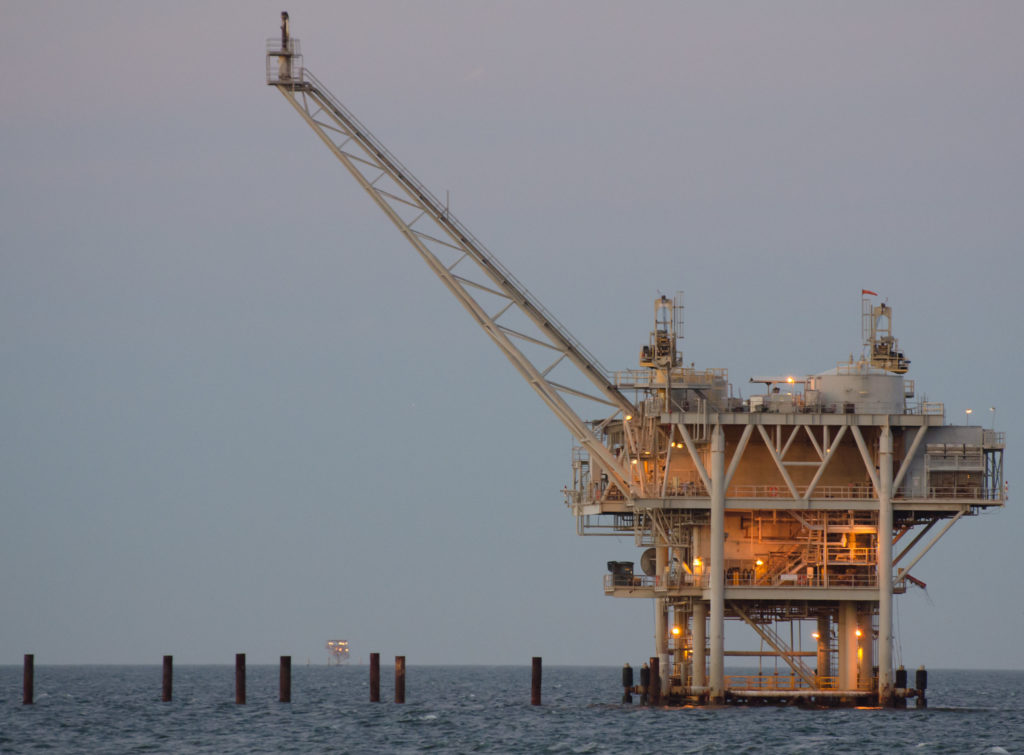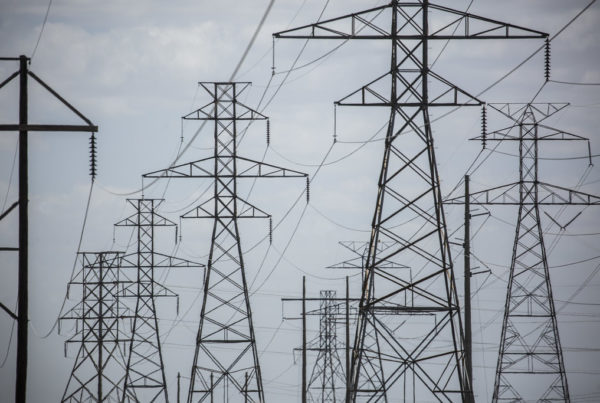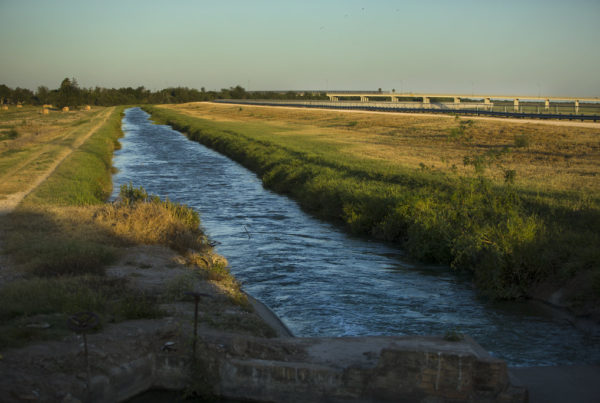Carbon capture is one of the-up-and-coming tools to combat the gas emissions that fuel climate change. The technology works by sucking carbon dioxide out of the air before it reaches the atmosphere, and then storing it underground forever, at least in theory.
Supporters say that carbon capture could make a big difference when it comes to reducing emissions. And it is also a big business.
Right now, petrochemical companies in Houston like ExxonMobil and Chevron are planning a so-called carbon capture “hub” in the Gulf of Mexico. But they say they need Congress’ help to finance it. James Osborne, energy and politics reporter for the Houston Chronicle, spoke to Texas Standard about the proposed project. Listen to the interview with Osborne in the audio player above or read the highlights below.
Highlights from this interview:
– Carbon dioxide captured from petrochemical plant smokestacks would then be deposited into empty oil and gas wells at the bottom of the Gulf of Mexico.
– The idea as bipartisan support in Congress, but it’s still unclear just how popular the idea is among lawmakers as a whole. Also, since there is no carbon tax in the United States, there is no way, at least not right now, to make a profit out of capturing carbon. So energy companies are asking Congress to increase the existing tax credit for carbon capture to make it worth their while. Energy companies also want Congress to map out how it would monitor the carbon-capture sites.
“If there are leaks, they would just go right back into the atmosphere and you would have just wasted your time. So they want to know what the policies are going to be on monitoring these sites, how you store this stuff,” Osborne said.
– Environmental advocates are skeptical about whether carbon capture would help reduce emissions. They worry it would give energy companies license to keep drilling for oil and gas rather than shifting to less extractive and less expensive methods like wind and solar energy.
– If carbon capture becomes a reality, some business leaders and landowners all along the Gulf Coast could make a lot of money.
“There are a lot of interests looking at this – large, landowning families; oil and gas companies. There is a lot of very, a great deal of wealth that is interested in this concept,” Osborne said.
















